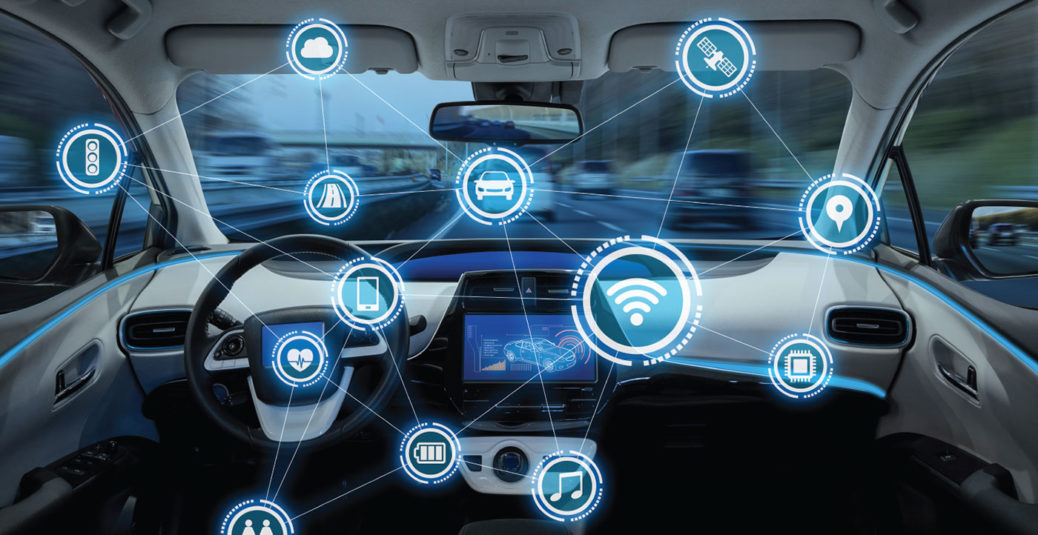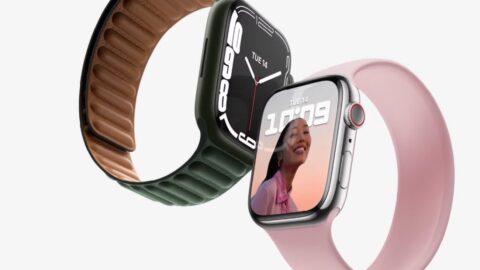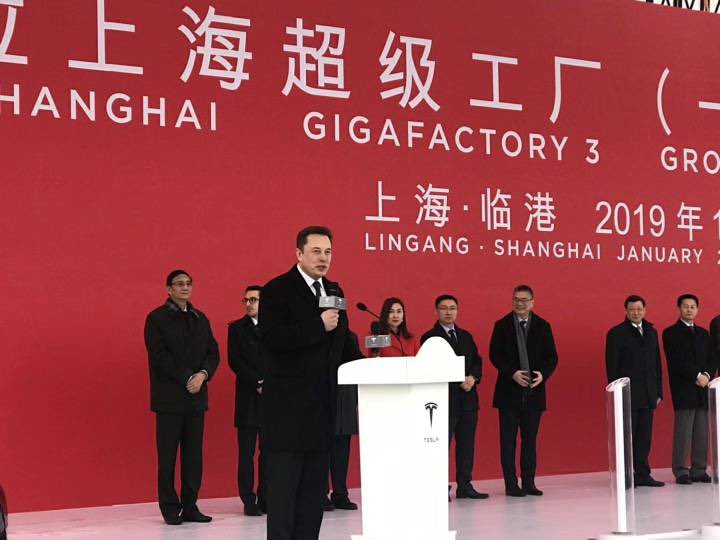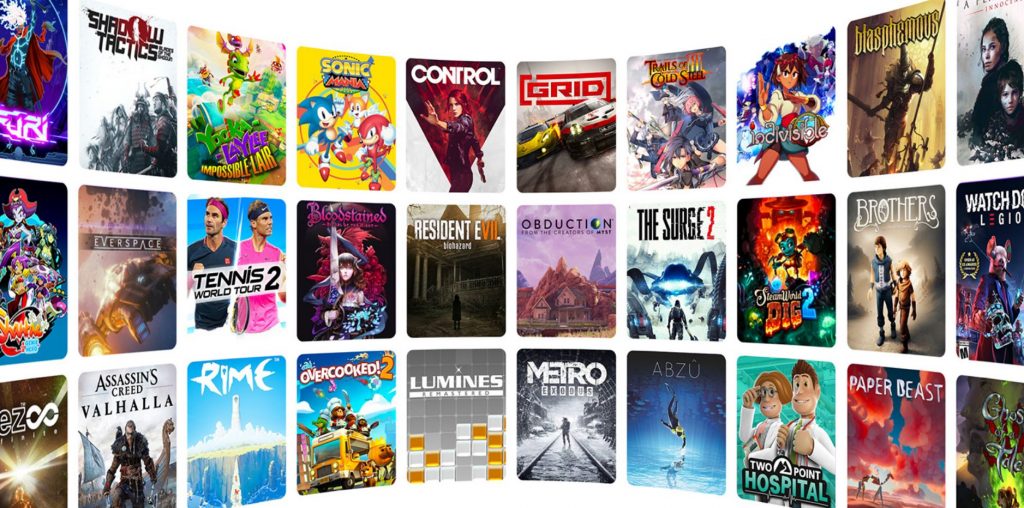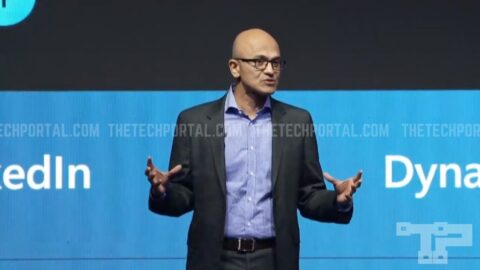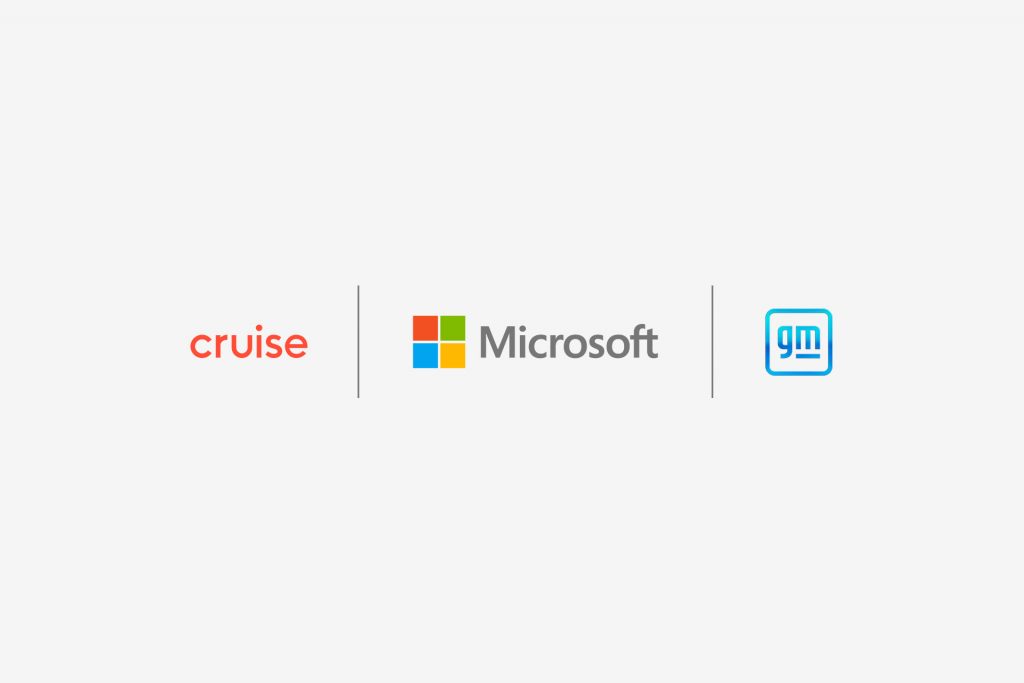There was a time when the idea of autonomous vehicle was considered a vision of the future, the technologies available at that time were not enough to support that vision. However, the development in technologies like IoT (Internet of Things) and AI (Artificial Intelligence) have enabled transformational changes in this sector. Through advanced communication capabilities and smart sensors, the IoT technology in particular is setting the path for the automotive industry and connected vehicles in the future economy.
IoT has already gained adoption in several areas within the automotive sector. Some of the most interesting applications of IoT in the automotive industry can be categorized as follows:
- Design Ideation: The IoT technology makes it easier to manage the life-cycle of the product by accelerating the engineering and production timelines. These changes result in faster time-to-market of the product and improve the satisfaction level of the customer. IoT also helps manufacturers in reducing the manufacturing costs by distinguishing the non-value driving components and removing them from future designs. The design ideation opportunities consist of applying analytics techniques and tools to monitor products’ performance and using the information to augment and improve the design and ideation process.
- In-vehicle infotainment: Smart apps are being baked into car infotainment systems to provide in-car navigation, telematics, and entertainment. Google has partnered with several automakers to integrate its apps such as Google Maps, Play Store and Google Assistant into vehicle infotainment systems. Similarly, Apple CarPlay is offered as a feature in a number of mid- to high-end cars. Most vehicle infotainment systems today take the tethered or integrated form, which requires them to be connected to an external device for internet connectivity, such as a smartphone. Vehicles of the future will have software and connectivity features embedded into their infotainment systems, allowing drivers to access maps, on-demand entertainment, and a whole lot of internet-connected services on the go.
- Data analytics and dashboard reporting: Connected Cars offer a rich source of driver data essential to the development, testing, and prototyping of better self-driving vehicles. As more and more vehicles with IoT enabled systems engage with the real world, the wealth and quality of data will inevitably improve. With data analytics and dashboard reporting tools, organizations in the auto industry can continue to improve their offerings and better serve the needs of their customers.
- Real-Time Scheduling: Process automation supported by IoT-enabled systems and analytics can help manufacturers improve their product quality in real time. Vehicle manufacturers can more easily adopt a resilient lean manufacturing approach which helps them achieve shorter time-to-market even for increasingly sophisticated and intelligent products and help them stay in sync with the rapidly changing demands of the customers. Adoption of the lean approach drives the implementation of real-time scheduling and flexible manufacturing processes; which include material optimization.
- Cognitive insights for management: Connected Cars allow manufacturers to directly and efficiently inform drivers about any problems and automate tedious tasks such as scheduling a car servicing appointment with the nearest car dealer or service center. This two-way exchange ensures that cars are regularly serviced in an autonomous fashion with little inconvenience to the user.
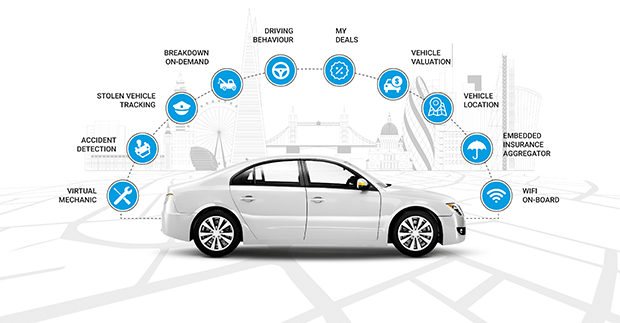
The potential of IoT in the automotive sector is huge, and it is already deeply transforming the automotive industry. All manufacturers in the automotive ecosystem can benefit from this unique opportunity if they adopt a clear and aggressive IoT strategy. And beyond the opportunity it may soon become a necessity for all the players in the car ecosystem, if they want to stay in the race…

